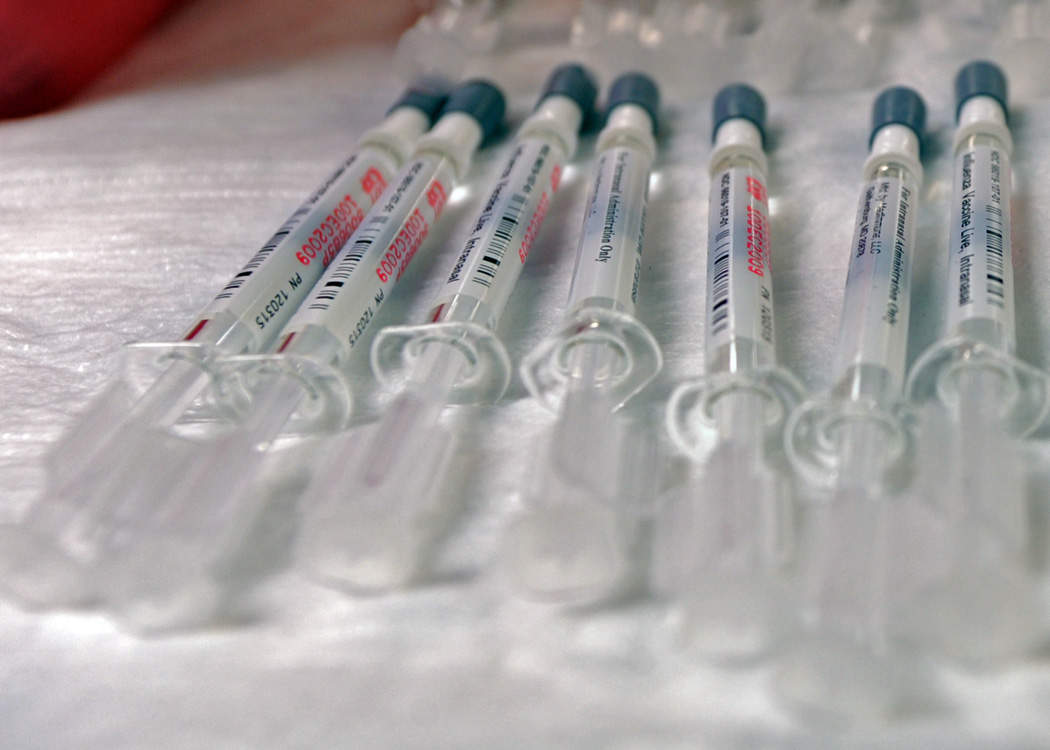
UK-based biotech Emergex Vaccines has received almost £1 million to accelerate its universal flu vaccine through preclinical trials.
The British government’s innovation agency, Innovate UK, awarded £979,318 to Emergex as part of its mandate to encourage science and technology innovations.

Discover B2B Marketing That Performs
Combine business intelligence and editorial excellence to reach engaged professionals across 36 leading media platforms.
The biotech’s universal flu vaccine is the primary reason for Innovate UK’s interest, as it can be used both prior to and during an influenza pandemic.
The vaccine will be completely synthetic, making it safer to use and resulting in fewer side effects, particularly for those with weaker immune systems. It will work through delivering small peptide particles from the flu virus to cells in the skin. This approach will, according to Emergex, create a “strong and long-lasting T-cell immune response”.
The peptide fragments will be combined with a gold nanotechnology carrier system, capable of creating a particle five nanometres in diameter. As such, the vaccine can be administered using a microneedle skin patch, as opposed to the standard subcutaneous injection.
“This Innovate UK grant provides endorsement of our flu vaccine programme and reinforces our belief that an innovative approach, using the very latest technologies, could help protect the public from this inevitable epidemic or pandemic health threat,” Emergex CEO Professor Thomas Rademacher said.

US Tariffs are shifting - will you react or anticipate?
Don’t let policy changes catch you off guard. Stay proactive with real-time data and expert analysis.
By GlobalDataEmergex’s vaccines differ from traditional treatment forms as they seek to stimulate a natural immune response in the body through the use of immunoproteomics. These allow the firm to identify the immune components of a natural immune response, and use them to create a vaccine that mimics the same immune response as if a patient had been both exposed to and recovered from the pathogen naturally.
The firm bases its vaccine design around the synthesis of multi-component vaccines which contain several MHC class I peptides seen across a wide variety of viruses. These peptides are commonly derived from proteins found on the interior rather than surface of viruses. Such a design allows the creation of universal vaccines which can target several types of viruses from within a family.
The firm has voiced hopes that a Phase I trial of the influenza vaccine will begin in 2020. Its pipeline also includes a vaccine candidate that targets the Zika, dengue and yellow fever viruses, which is anticipated to enter Phase I clinical trials by the first quarter of 2019.





